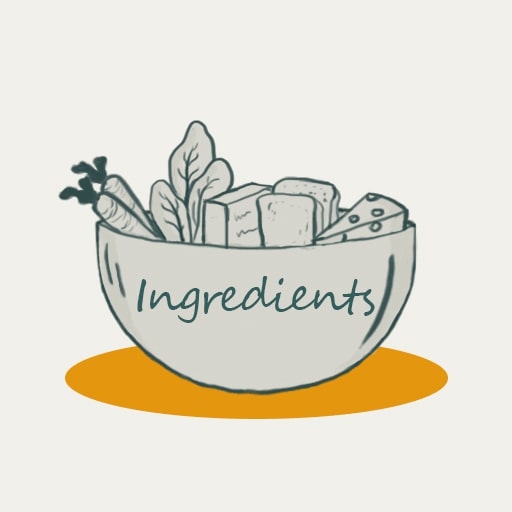Eicosenoic Acid
Macronutrient
Last update date: October 11, 2023
Eicosenoic Acid is monounsaturated fatty acid.
Frequently Asked Questions
1.
What is Eicosenoic Acid?
Eicosenoic acid, also referred to as gondoic acid, is a monounsaturated omega-9 fatty acid present in various plant oils and nuts, with jojoba oil being a notable source. It belongs to a group of fatty acids known as eicosenoic acids.
2.
What is positive impact of Eicosenoic Acid?
Consuming Eicosenoic acid in moderation can have several positive effects on your health: Heart Health: Eicosenoic acid helps lower levels of harmful cholesterol in your body, reducing the risk of heart disease. Inflammation Reduction: Its anti-inflammatory properties can ease symptoms of conditions like arthritis and promote overall well-being. Skin Benefits: Often used in skincare products, Eicosenoic acid moisturizes and nourishes the skin, keeping it healthy and hydrated. Weight Management: Including Eicosenoic acid-rich foods in your diet can aid in weight management by enhancing satiety and curbing unhealthy food cravings. Cell Membrane Health: Eicosenoic acid plays a crucial role in maintaining the integrity and function of cell membranes throughout your body. Adding sources of Eicosenoic acid to your diet can contribute to your overall health, especially when part of a well-balanced eating plan.
3.
What is negative impact of Eicosenoic Acid?
While Eicosenoic acid offers numerous benefits, excessive consumption or an unbalanced intake may have some negative effects: Weight Gain: Overindulgence in Eicosenoic acid-rich foods can lead to weight gain, as it is calorie-dense. Digestive Issues: Large quantities of fatty acids, including Eicosenoic acid, can cause digestive discomfort, such as bloating and diarrhea, if consumed in excess. Allergies: Some individuals may be allergic to sources of Eicosenoic acid, like nuts or specific oils. Allergic reactions can range from mild to severe and should be monitored. It's essential to consume Eicosenoic acid in moderation and as part of a balanced diet to avoid these potential negative effects.
4.
Who should avoid Eicosenoic Acid?
Eicosenoic acid is generally safe for most individuals when consumed in appropriate amounts as part of a balanced diet. However, if you have specific medical conditions, such as allergies to nuts or certain oils, it's crucial to avoid foods containing Eicosenoic acid. Always consult with a healthcare professional if you have concerns about including Eicosenoic acid in your diet.
5.
What are common sources of Eicosenoic Acid?
Eicosenoic acid can be found in various food sources: Jojoba Oil: Jojoba oil is one of the primary sources of Eicosenoic acid and is often used in skincare and hair care products. Macadamia Nuts: These nuts are rich in Eicosenoic acid and make for a healthy and tasty snack option. Canola Oil: Canola oil contains a moderate amount of Eicosenoic acid and is commonly used in cooking. Avocado: Avocados are not only delicious but also a good source of Eicosenoic acid. Olive Oil: Olive oil is well-known for its heart-healthy monounsaturated fats, including Eicosenoic acid. Almonds: Almonds are another nut that provides Eicosenoic acid along with various other nutrients.
















